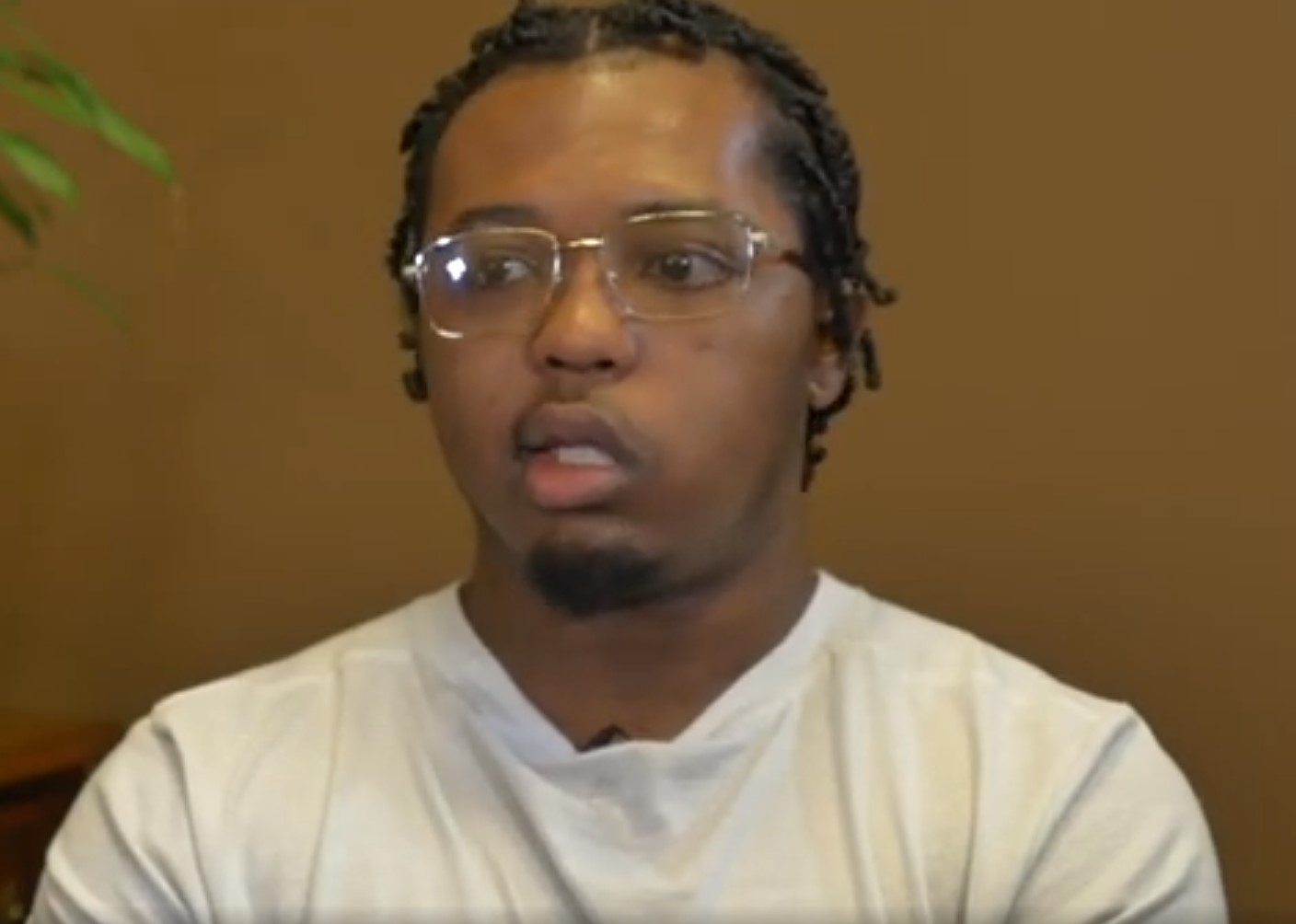A documentary about former professional snowboarder Kevin Pearce and his struggles to recover from the double vision caused by a traumatic brain injury gave high-school student Connor Berry of Burtonsville, Maryland hope and eventually led him to the Mind-Eye Institute in Northbrook, Illinois – a decision he is now “truly grateful” he made.
That’s because Connor also was suffering from double vision, the result of surgery in 2019 to remove a brain tumor when he was only a sophomore in high school. During Connor’s seven-month hospital stay, a therapist had recommended Connor check out Pearce’s documentary. Connor did and later learned that Pearce had undergone care at the Mind-Eye Institute. Like Pearce, Connor contacted Mind-Eye.
As Mind-Eye team members did for Pearce, they put Connor through a battery of visual processing tests, including a spatial localization analysis using the Z-Bell Test®, patented by Mind-Eye founder Deborah Zelinsky OD. Following the assessment, Dr. Zelinsky prescribed him a pair of therapeutic eyeglasses – “brain” glasses – and at home visual learning activities to rebuild visual skills. Those have since spurred Connor’s move toward recovery.
“Kevin Pearce came to us after seven years of searching for care” following a traumatic injury in a snowboarding accident, says Dr. Zelinsky. “Connor’s double vision was affecting his eye-hand coordination, balance, walking, and ability to read.”
What most surprised Connor was learning that the senses, especially eyes and ears, must be integrated and synchronized. Brain surgery had disrupted those sensory links. Connor laughs when recalling his earlier inability to find and touch a small sounding bell with his eyes closed during the Mind-Eye’s Z-Bell Test.
“Eye-ear integration is the concept underlying our clinical work and experience at the Mind-Eye Institute. How a patient visually perceives sound location has to match with where the patient perceives visual target locations,” Dr. Zelinsky states.
With the Z-Bell Test®, Mind-Eye optometrists determine whether the environment is in sync or just plain confusing for a patient. Using therapeutic lenses, filters, and/or prisms, they can readjust a patient’s visual balance and eye-ear integration.
Although Connor admits he still has a long way to go in his recovery process, he is positive about what the Mind-Eye team has done for him.
“I am noticing an improvement in my eyesight. My brain and my eyes seem to be connecting again. It has been a long, trying journey for me, but I am very grateful about where I am today. I have a positive mindset about the future and have learned to keep an open mind. When conventional health care does not work, look for other options – like the Mind-Eye Institute.”
Although Connor Berry reports progressive symptom relief, his experience is not always the norm, nor is it guaranteed for every patient. Check out the Mind-Eye Institute at
www.mindeye.com for additional information.

Success Stories, Traumatic Brain Injury
